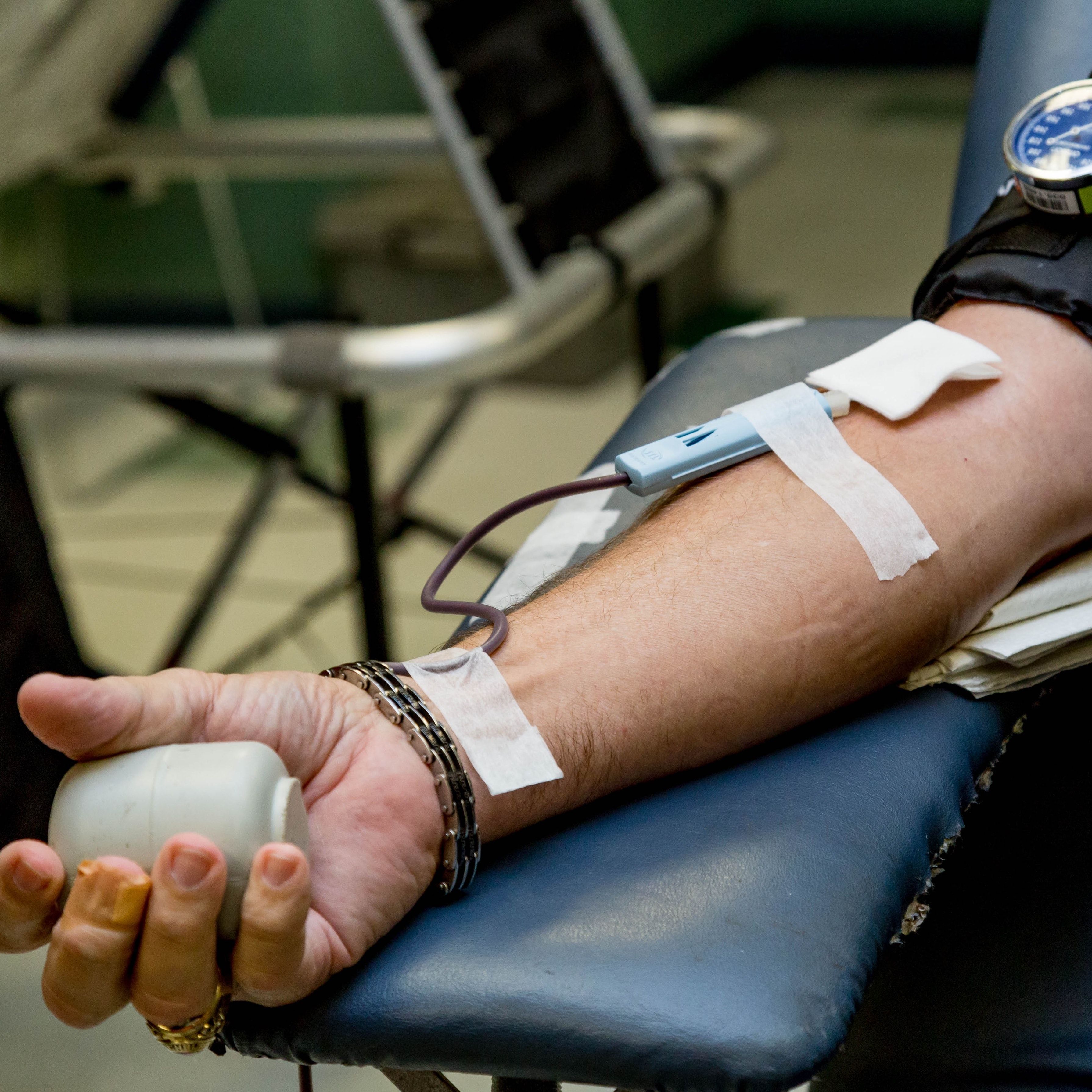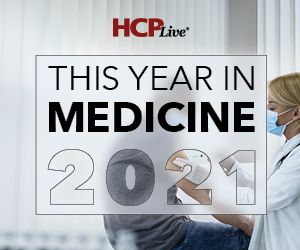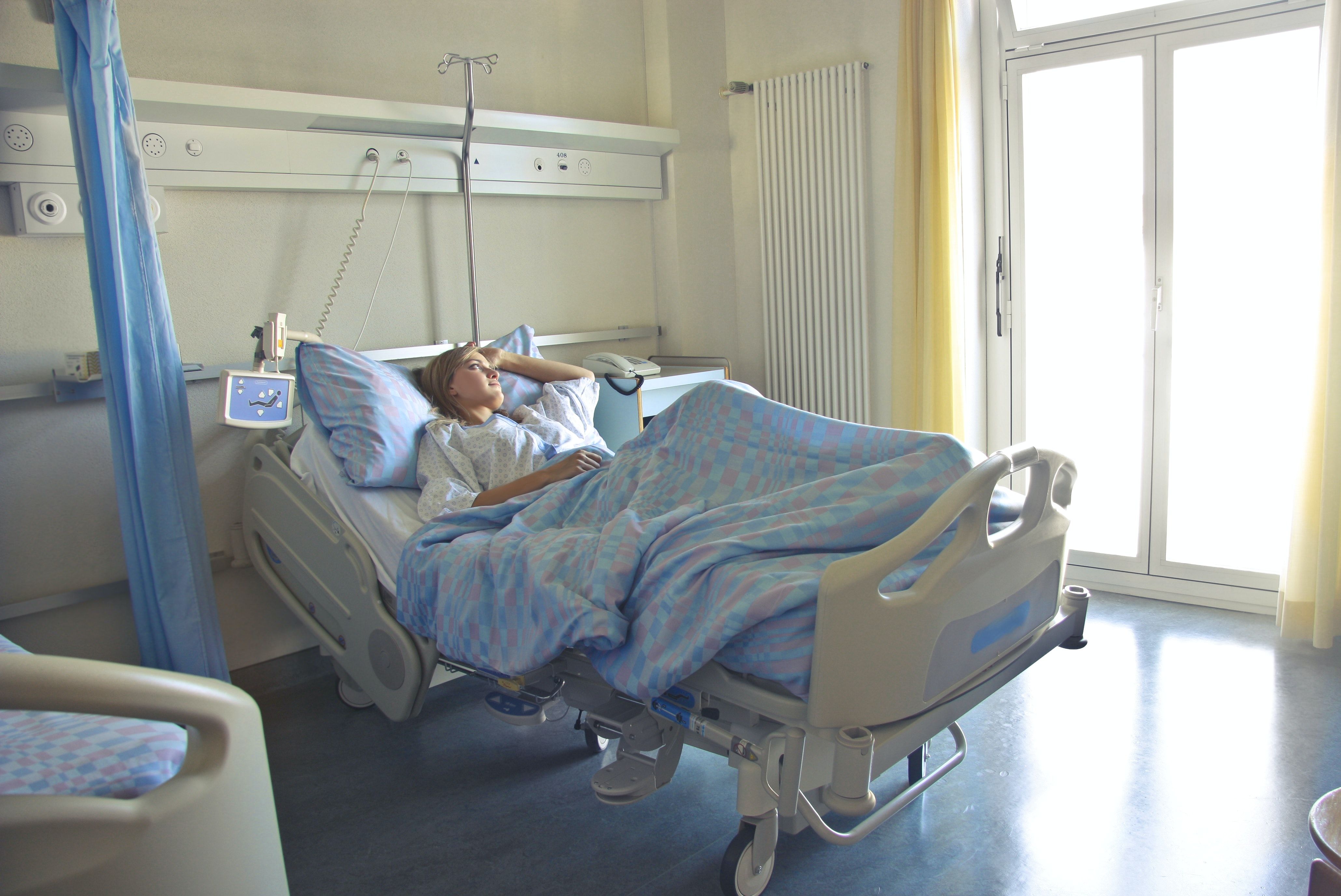Video
Switching HIV Therapy in Patients With Viral Suppression
Joseph Eron, MD: Are there other things that we monitor for in people who are on therapy? We mentioned that viral load is critical. CD4 is important but, less often, and once you get above the level, you probably don’t need to do it. What other things are we watching people for, Colleen?
Colleen Kelley, MD: We’re periodically monitoring kidney function and liver function. Then, going back to HIV as a sexually transmitted infection, we need to frequently monitor for other sexually transmitted infections in folks who are still engaging in behavior that puts them at risk. So, in men who have sex with men [MSM], it is important to look for oral and rectal STDs [sexually transmitted diseases], in addition to the urethra, and syphilis.
Daniel Kuritzkes, MD: And, hepatitis C.
Colleen Kelley, MD: And hepatitis C, of course.
Daniel Kuritzkes, MD: There’s been more and more evidence suggesting that even though we didn’t originally think of hepatitis C as a sexually transmitted virus, it certainly is among MSM. Some people would monitor liver function tests, not because they’re worried about toxicity of the drugs over time, but as an index that there might be HCV [hepatitis C virus] infection, although you could simply monitor for HCV.
Colleen Kelley, MD: Yes, and that is recommended yearly in folks who are at risk?
Joseph Eron, MD: Right. Lipids, Eric?
Eric Daar, MD: I tend to think of our management of lipids in this population to be like we do in everybody else. Yes, HIV affects lipids. Yes, some of our antiretroviral therapies affect lipids more than others. But, those differences are relatively modest. I just manage patients like I normally would. If they didn’t have HIV, I’d do it at baseline. If they’re starting on a regimen that I think will have a profound effect on lipids, and they’re already borderline, I may do it again after they start therapy. I think the HIV management guidelines talk about doing that? But clinically, the drugs that we use have such modest effects on lipids. So, it rarely makes a difference. I think we monitor them the same way, and we use the traditional guidelines for initiation of things like statins, although there’s a lot of interest in HIV being an independent risk factor and a large randomized controlled trial that’s looking to address that.
Joseph Eron, MD: I think that’s a really important message. We should be monitoring them as if they were healthy individuals with HIV. So, those things like colonoscopy, right?
Eric Daar, MD: Cancer screening, yes.
Joseph Eron, MD: Cancer screening, mammograms.
Daniel Kuritzkes, MD: Talking about cancer screening, one area that we didn’t really touch on is HPV [human papillomavirus infection] disease. Even with antiretroviral therapy, we still have to be worried, in both men and women, about screening for cervical cancer in women, and screening for anal cancer or abnormalities, dysplasia, in men and women who are HIV infected, because of the risk associated with HPV infection.
Joseph Eron, MD: Yes, that’s a really important point. What about this big population of people in care who are suppressed? That’s the case in most of the people who come to see me. What about switching their therapy? What are reasons to switch things up, Colleen? We heard that if it ain’t broke, don’t fix it. But, maybe there are reasons to fix or at least tinker with it?
Colleen Kelley, MD: When things like lipid abnormalities or renal disease crop up, with time, as people age and have other comorbidities like diabetes and hypertension, where renal disease is very important, that is when we want to make sure that someone is on the least renal toxic medication or the most lipid friendly medication. At that point, we might consider switching their regimen.
Another place where we’re often switching is when they are hospitalized, either for HIV-related disease or non—HIV-related disease, and need new medications—chemotherapy, anticoagulants, rifamycins, or any number of things. We’re often left with, “Well, it’s not going to work with this regimen. We need to find something that it will work with.”
Sometimes, people just want to take fewer pills, or take something smaller. Or, patients sometimes have adverse effects, real or not, that they want to switch for. So, those are the situations where I’m generally switching therapy.
Joseph Eron, MD: Yes. Eric, can you talk about the desire to get someone on the simplest, most effective regimen? Is that a goal for you? I see it as a challenge.
Eric Daar, MD: The majority of the people we’re engaging are the ones who are doing well on therapy. I feel like this is my obligation, and this is what I tell them: the reason they should come back and see me at all. Sometimes, it’s hard to convince them. People are working. They say, “My viral load is always undetected. My T cells are high, and you always pat me on the back.” I explain that we need to do the health maintenance stuff—vaccinations, cancer screening, lipids, blood pressure, and all of that. But, the other reason is so that we can keep them up-to-date in a rapidly evolving field. We can let them know about new options that are available. And depending on that person, that new option may be really important. I may say, “You know what? I think it is really important for you to switch to this. You have osteopenia. I think getting you off TDF [tenofovir disoproxil fumarate], onto TAF [tenofovir alafenamide], is really important.”
For others, it’s, “You know, you’re on a 2- or 3-pill-a-day regimen. You’re doing great. You’ve had no adverse effects. You need to know that there’s now a small 1-pill-a-day option. I believe that you could safely switch to this, if you want to.” That’s a big part of what we do. We’ve defined the really important switches based on underlying toxicities or comorbidities, and those people who, for discretionary reasons, may want to switch. You always remind people that there’s always a risk in switching, but the risks are small. You know, new adverse effects, and things like that. We always talk about virologic failure as a risk. But, in reality, if we do this carefully, that’s not going to happen.
Joseph Eron, MD: Yes.
Transcript edited for clarity.
2 Commerce Drive
Cranbury, NJ 08512
All rights reserved.





